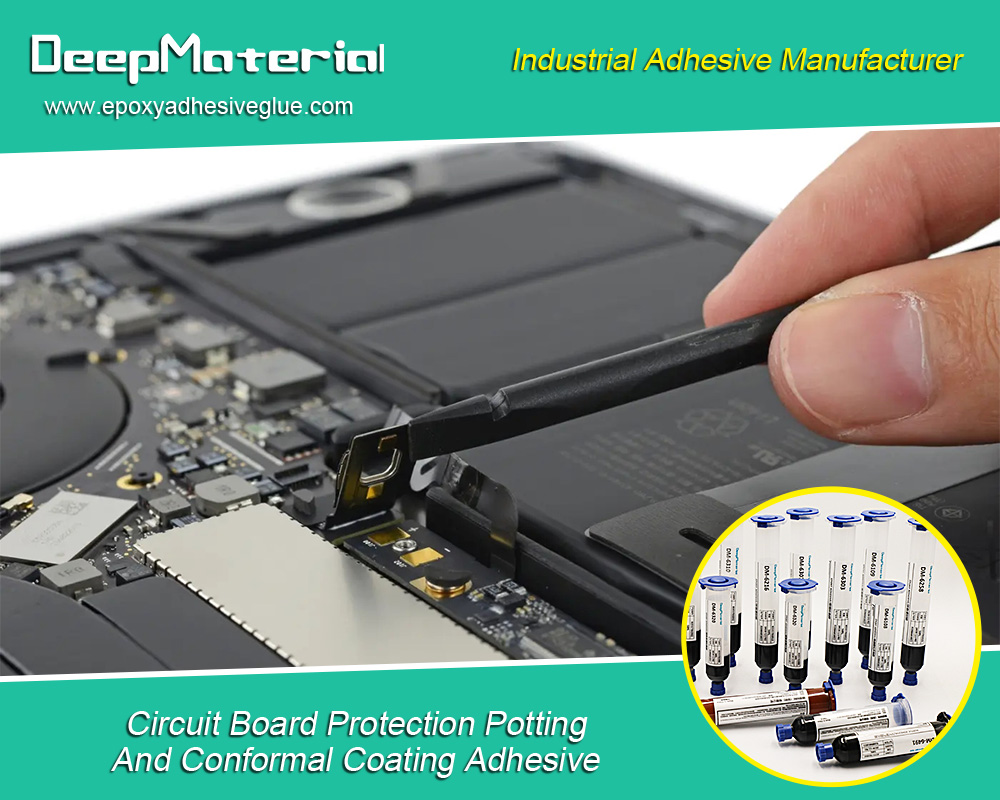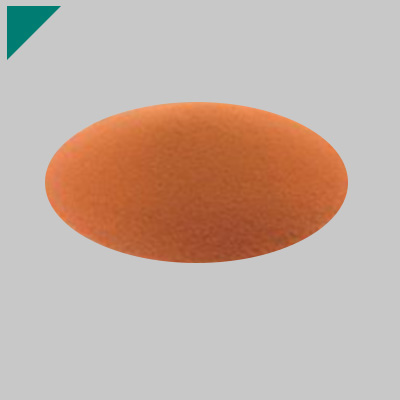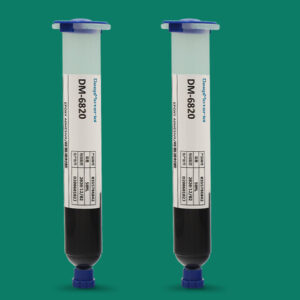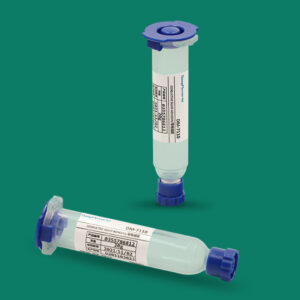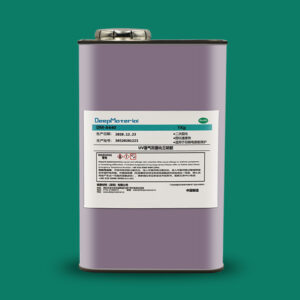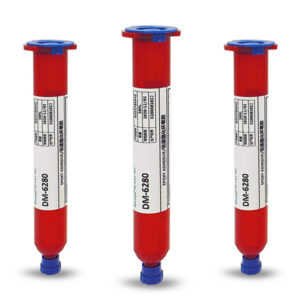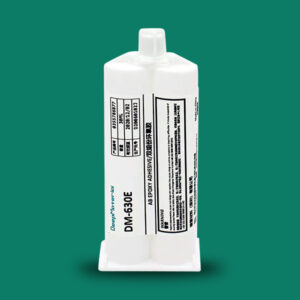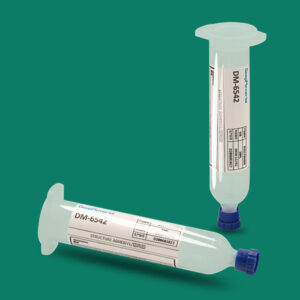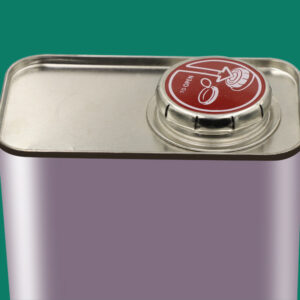Understanding PCB Epoxy Coating: Enhancing Durability and Performance
Understanding PCB Epoxy Coating: Enhancing Durability and Performance
Printed Circuit Boards (PCBs) are the backbone of modern electronics, providing the necessary connections for electrical components. PCBs often undergo various protective treatments, including epoxy coating, to ensure their longevity and reliability. This article explores the significance of PCB epoxy coating, how it works, its benefits, and critical considerations for its application.
Critical Components of Epoxy Coating
Epoxy coating, particularly in its application to PCB (Printed Circuit Board) protection, relies on a combination of critical components to achieve its desired properties. At the heart of this coating system is epoxy resin, a thermosetting polymer celebrated for its strong adhesive qualities, heat resistance, and chemical durability. This resin is instrumental in forming a protective layer that withstands various environmental stresses. Hardener is another crucial component, a chemical agent that reacts with the epoxy resin to initiate a curing process. This reaction transforms the resin into a hardened, durable coating that protects PCBs. Additionally, additives play a significant role; these can include substances mixed with the resin to modify and enhance the coating’s characteristics, such as improving UV resistance or increasing flexibility.
To elaborate further:
Epoxy Resin:
- Provides excellent adhesion to PCB surfaces.
- Offers high resistance to thermal and chemical degradation.
- Ensures long-term protection by forming a solid, inflexible coating.
Hardener:
- Catalyzes the curing process of epoxy resin.
- Creates a robust and durable coating once the resin sets.
- It helps achieve the final hardened state necessary for PCB longevity.
Additives:
- It can enhance the epoxy coating’s resistance to ultraviolet light, extending its life under exposure to sunlight.
- It may include agents that improve flexibility, allowing the coating to withstand mechanical stresses without cracking.
- Specialized additives can also tailor the coating’s properties to meet specific requirements, such as increased impact resistance or improved thermal conductivity.
The Coating Process
Surface Preparation
- Cleaning: PCBs must be thoroughly cleaned to remove contaminants or residues that might affect adhesion.
- Etching: The PCB’s surface might be etched to improve the bond between the board and the epoxy resin.
Application Methods
- Spraying: A standard method for spraying epoxy resin onto the PCB using specialized equipment.
- Dipping: The entire PCB is immersed in epoxy resin, ensuring complete coverage.
- Brushing: Epoxy resin is manually applied with a brush for smaller or more intricate boards.
Curing
- Heat Curing: The coated PCB is heated to accelerate the hardening process of the epoxy resin.
- Room Temperature Curing: Some epoxy resins cure at ambient temperatures over a more extended period.
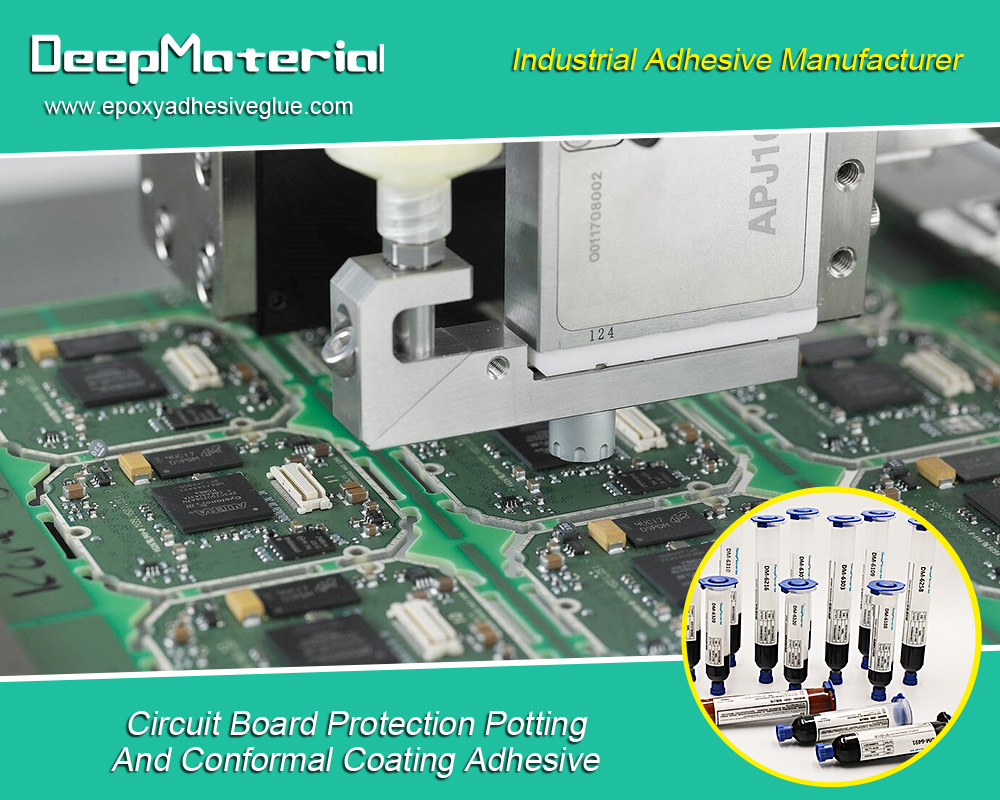
Benefits of PCB Epoxy Coating
Enhanced Protection
- Chemical Resistance: Epoxy coatings resist acids, bases, and solvents, preventing damage from chemical exposure.
- Moisture Resistance: The coating acts as a barrier against moisture, which can cause corrosion and short circuits.
Increased Durability
- Mechanical Strength: The hard epoxy layer adds mechanical strength to the PCB, reducing the risk of physical damage.
- Thermal Stability:Epoxy coatings help manage heat dissipation and maintain the board’s performance under varying temperatures.
Electrical Insulation
- Insulation Properties:Epoxy coatings provide electrical insulation, preventing accidental shorts and protecting sensitive components.
Considerations for PCB Epoxy Coating
When considering PCB epoxy coating, several crucial factors must be addressed to ensure optimal performance and longevity of the printed circuit boards.
Selecting the Right Epoxy
- Viscosity: The epoxy’s viscosity is fundamental in determining how well it can be applied. For different application methods, whether by dipping, spraying, or brushing, you need an epoxy with the appropriate viscosity to ensure an even and effective coating.
- Thermal Conductivity: Another essential factor is thermal conductivity. The chosen epoxy must be able to handle the specific thermal conditions that the PCB will encounter in its operational environment. This prevents overheating and ensures reliable performance.
Application Challenges
- Uniform Coverage: Achieving a uniform coating thickness is critical. Inconsistent application can lead to areas that are either under-protected or over-coated, which might cause weak spots or excess material that can affect the PCB’s functionality.
- Handling and Storage:Proper handling and storage of the coated PCB are imperative. The PCB should be kept in conditions that prevent any damage or contamination while the epoxy is curing. This protects the integrity of the coating and the board itself.
Environmental and Safety Aspects
- Ventilation: During the coating process, adequate ventilation is essential to disperse fumes and reduce the risk of inhaling potentially harmful chemicals. This ensures a safer working environment and better health for those involved.
- Disposal: Proper disposal of waste materials and leftover epoxy resin is necessary to minimize environmental impact. Adhering to established disposal methods helps manage waste responsibly and complies with environmental regulations.
Incorporating these considerations will significantly enhance the effectiveness of the PCB epoxy coating, leading to improved durability and reliability of electronic devices.
Common Applications of PCB Epoxy Coating
Due to its protective properties, PCB epoxy coating is an essential component in various industries. This specialized coating offers a robust shield for printed circuit boards (PCBs), ensuring their longevity and reliability across multiple applications. Here’s a look at some of the typical applications of PCB epoxy coating:
Consumer Electronics:
- Smartphones: Epoxy coatings protect against physical damage and environmental factors like moisture and dust. This helps maintain the device’s functionality and durability, enhancing its lifespan.
- Laptops:For laptops, epoxy coatings provide both durability and insulation. This ensures reliable performance by protecting the internal circuitry from heat and potential damage, contributing to the overall stability and longevity of the laptop.
Automotive Industry:
- Control Systems:In the automotive sector, epoxy coatings are crucial for safeguarding PCBs in control systems. They offer protection from harsh operating conditions, including temperature extremes and vibrations, which are common in automotive environments.
- Sensors: Epoxy coatings also play a vital role in protecting delicate vehicle sensors. These coatings shield the sensors from moisture, dust, and other contaminants that could affect their performance and accuracy.
Industrial Equipment:
- Control Panels: Within industrial settings, control panels rely on PCB epoxy coatings to resist exposure to industrial chemicals and extreme temperatures. This protection is essential for maintaining the functionality and reliability of control systems in challenging environments.
- Machinery: For various machinery applications, epoxy coatings help preserve the integrity of PCBs. They prevent damage from environmental factors and operational stresses, ensuring the machinery operates efficiently and reliably.
Overall, PCB epoxy coatings are integral to the performance and durability of electronic components across different fields. Their ability to protect against physical and environmental stressors makes them indispensable in ensuring the reliable operation of consumer electronics, automotive systems, and industrial equipment.
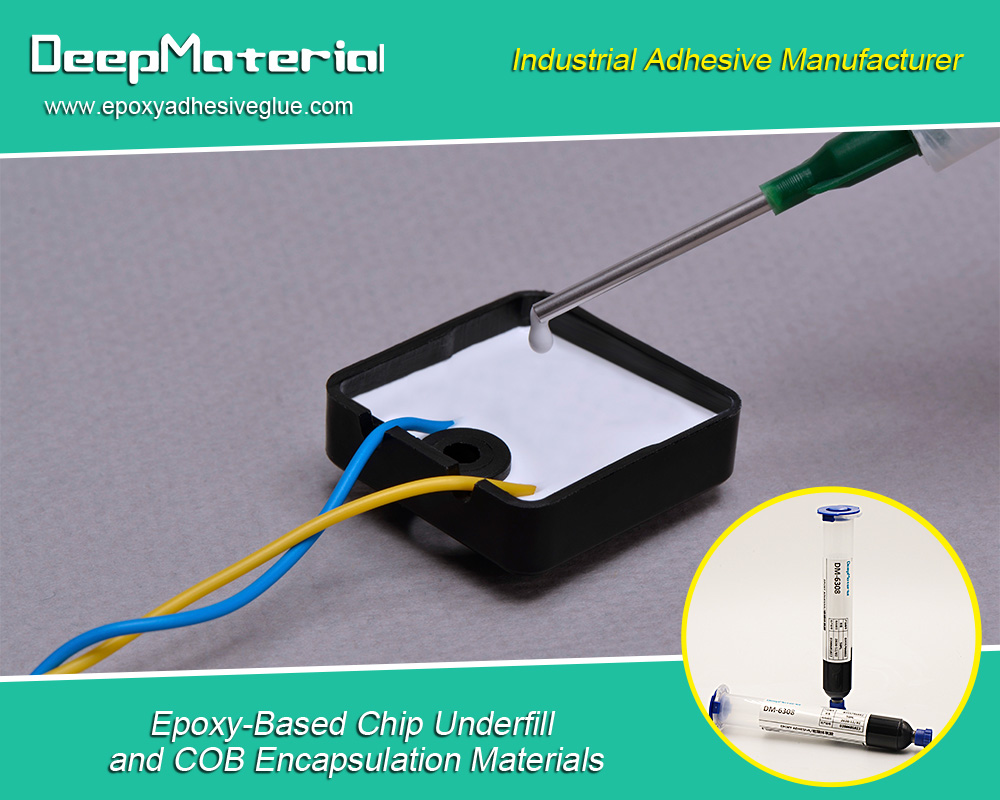
Conclusion
PCB epoxy coating is a vital process in the electronics industry, enhancing the performance and longevity of printed circuit boards. By providing protection against environmental factors, improving mechanical strength, and offering electrical insulation, epoxy coatings play a significant role in ensuring the reliability of electronic devices. As technology evolves, selecting the correct coating and application method remains crucial for achieving optimal results. Understanding the benefits and considerations of PCB epoxy coating can lead to more durable and dependable electronic products, ultimately contributing to technological advancement and innovation.
For more about understanding PCB epoxy coating: enhancing durability and performance, you can pay a visit to DeepMaterial at https://www.epoxyadhesiveglue.com/category/epoxy-adhesives-glue/ for more info.


